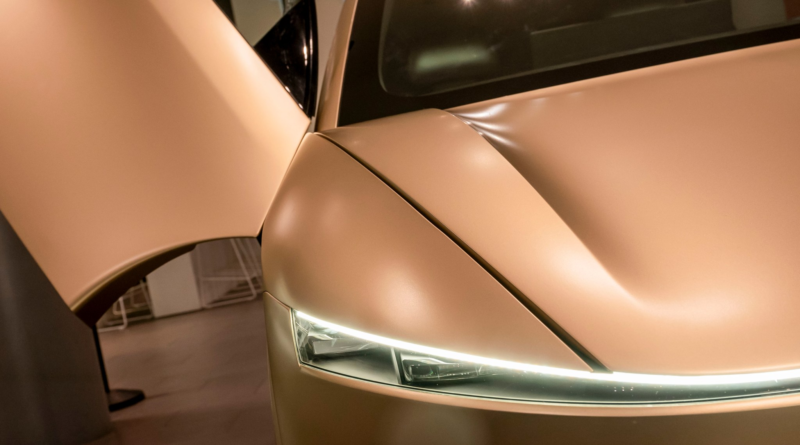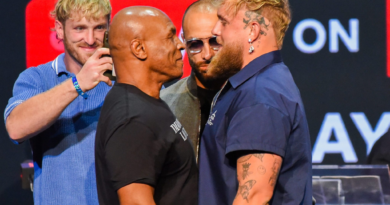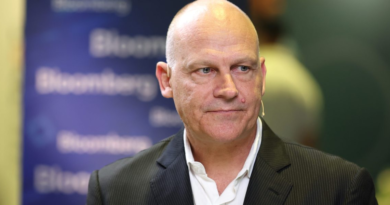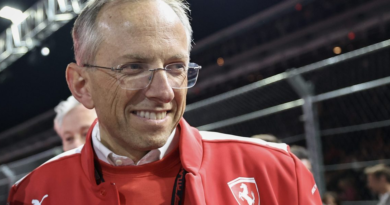Trump wants to ease U.S. rules for self-driving cars
Good morning. Do you listen to podcasts on YouTube?
You’re not alone. According to a new survey, more people claim YT as their pod platform of choice (31%) than Spotify (27%) or Apple Podcasts (15%).
Yet another reason why one of Google’s greatest acquisitions continues on its trajectory as the sleeper platform for all media consumption. —Andrew Nusca
P.S. Many thanks to the Fortune tech team for covering for me while I was at Fortune Global Forum last week. Miss it? Watch all the mainstage sessions right here.
Want to send thoughts or suggestions to Data Sheet? Drop a line here.
Trump wants to ease U.S. rules for self-driving cars

Members of Donald Trump’s transition team reportedly plan to create a federal framework for fully self-driving vehicles in the United States.
Details thus far are few, according to the Associated Press. But it’s clear that anything that facilitates the nationwide deployment of self-driving vehicles directly benefits Tesla CEO Elon Musk, whose vehicles distinguish themselves with the technology, and who has ingratiated himself with the president-elect.
The vast majority of today’s federal motor vehicle regulations relate to human operation, and there is very little regulation related to the testing and operation of autonomous vehicles. Most of that has come at the state level. Nearly half the states in the U.S. have a self-driving law of some kind on the books, though some are strictly limited to semi trucks.
It would take an act of Congress to create federal rules for self-driving vehicles. In the meantime the Transportation Department, via the National Highway Traffic Safety Administration, can (and has) set rules that would facilitate autonomous vehicles on the road. But much of its guidance is not binding.
Trump hasn’t yet named a candidate for Transportation secretary. One name reportedly in consideration? Emil Michael, the former chief business officer of Uber.
60 million households watched Tyson vs. Paul
The Netflix-hosted boxing match between social media star Jake “Don’t Call Me Logan” Paul and “Iron Mike” Tyson saw a peak of 60 million households tuned in, the company said this weekend.
Paul, 27, defeated Tyson, 58, by unanimous decision on Friday night. Katie Taylor defeated Amanda Serrano by unanimous decision in the undercard fight, for which 50 million households tuned in. Both fights were held at AT&T Stadium in Arlington, Texas.
Netflix endured a wave of criticism during the match for frequent and substantial streaming issues that prevented viewers from watching the fight. (CTO Elizabeth Stone acknowledged “many technical challenges” in a note to employees.)
The event was otherwise a knockout punch for Netflix. Viewership for the match reached levels normally seen during conference championship games in the NFL, the gold standard for appointment viewing in the U.S., sports or otherwise.
Netflix will soon dig deeper into live sports, one of the last places where a TV “monoculture” remains intact. It will air an NFL doubleheader on Christmas and become the home of Raw, the long-running series from Endeavor-owned WWE, in January 2025.
White House finalizes $6.6b CHIPS Act grant to TSMC
TSMC is the lucky recipient of the first finalized U.S. government subsidy for investing in U.S. manufacturing under the CHIPS Act.
The Taiwanese contract-manufacturing giant will get $6.6 billion to expand its semiconductor plant plans in Phoenix, Arizona.
There have been several other preliminary agreements for subsidization under the CHIPS Act, which has a pot worth $52.7 billion to disburse, but no others have yet made it over the finish line.
If they don’t also get finalized very quickly, they may be scrapped.
Former-and-future President Donald Trump campaigned with a promise to ditch the Biden legislation altogether. He believes tariffs will achieve the same aim of onshoring chipmaking in the U.S. —David Meyer
TikTok’s parent company is now worth $300 billion
ByteDance, the Chinese parent company of TikTok, recently valued itself at an eye-popping $300 billion.
To put that in perspective, that’s about twice the value of Uber and three times the value of Nike—but about one-fifth the value of Facebook, Instagram, and WhatsApp parent Meta.
The valuation came in a recent buyback offer by ByteDance, according to the Wall Street Journal, and is a sizable bump from the $225 billion valuation it earned a year ago.
ByteDance is currently on the clock to sell TikTok to a U.S. owner by January 19—something it has said it’s not willing to do—or risk an outright ban in the country. The law remains tied up in court, and both sides have asked the court to rule on its legality by Dec. 6.
Though President-elect Trump once favored the ban signed by President Biden, he recently reversed his stance. TikTok has spent millions on D.C. lobbyists, according to Open Secrets, a nonprofit organization that tracks money in politics.
Biden call to ‘raise the bar’ on security helped Microsoft ‘lock in’ gov’t deals
Some people, including congressional leaders, are concerned that a 2021 arrangement between Microsoft and the federal government flirted with the “exclusionary conduct” portion of antitrust law and sets a worrisome precedent for side-stepping procurement processes that foster open competition for federal business.
After a series of Russia-linked cyberattacks, U.S. president Joe Biden gathered the heads of the Big Tech companies to “raise the bar” on cybersecurity efforts. Microsoft CEO Satya Nadella pledged $150 million in technical services to help federal, state, and local governments upgrade their security protection, among other things.
A new report from the investigative news outlet ProPublica says the arrangement “helped the world’s largest software provider tighten its grip on federal business and freeze out competitors” like Amazon and Google.
Microsoft consultants would install free trials of the company’s security products and effectively lock in federal customers for whom it was too “cumbersome and costly” to switch to competing software, according to the report. Eventually government customers would pay the subscription fees to maintain service.
“[The Dept. of Defense’s] further push towards software monoculture exposes our national security apparatus to avoidable risks,” wrote Sens. Eric Schmitt (R-Mo.) and Ron Wyden (D-Ore.) in May, adding that the Pentagon should expand its software suppliers to “limit the blast area when our adversaries discover an exploitable security flaw.”
More data
—Nvidia Blackwell heating problems? Rack redesigns reportedly suggest so.
—Brendan Carr tapped to run FCC. He spoke of “reining in Big Tech” in the wake of Trump’s reelection.
—Tata, Pegatron form JV in India. It’s the Taiwanese manufacturer’s only iPhone plant in the nation.
—Palantir pitched using AI to analyze “reoffending risk” for U.K. prisoners, according to newly revealed documents.
—Shein, Temu get a lift in Mexico from catalog saleswomen and a long-established network.





